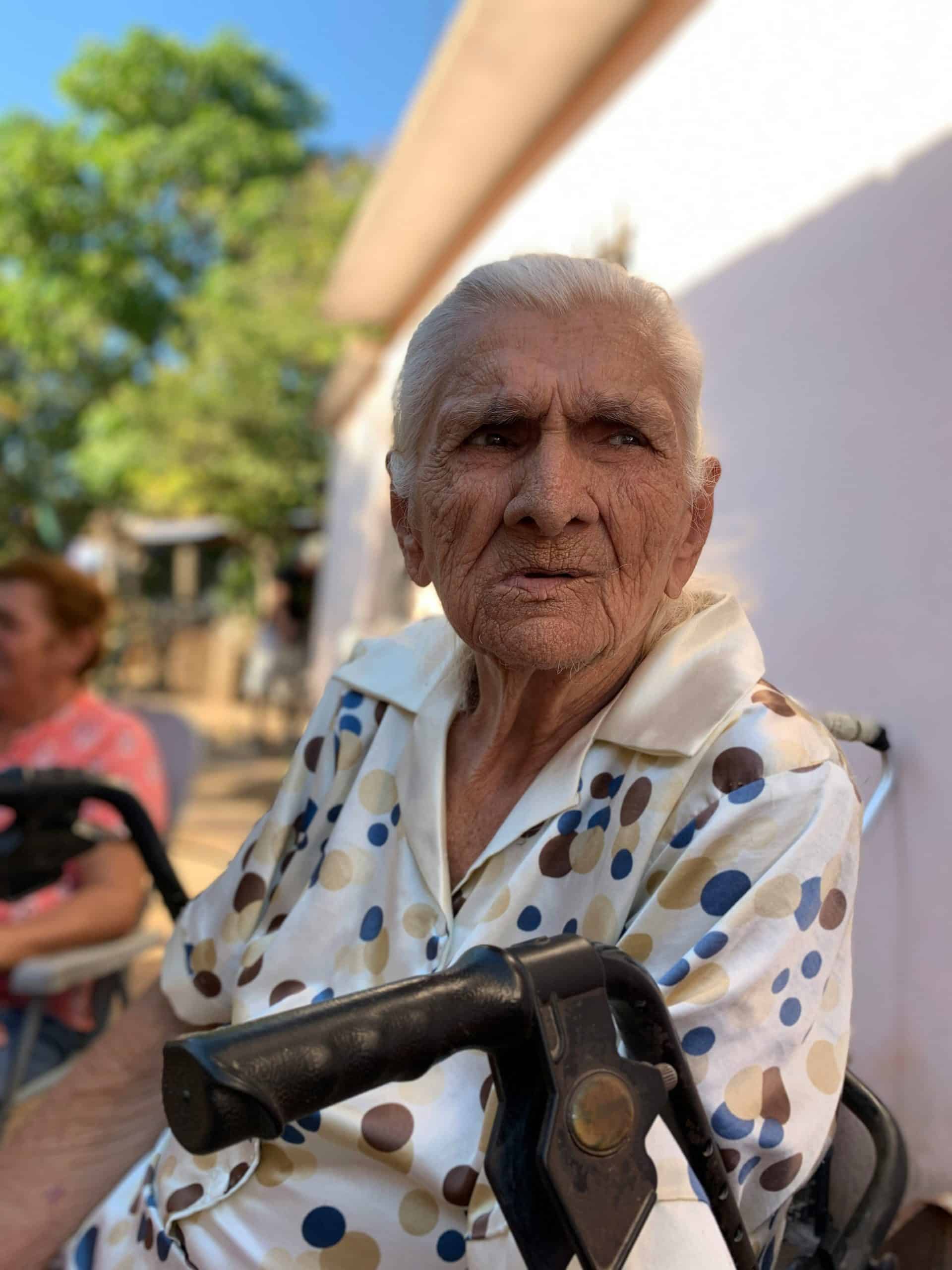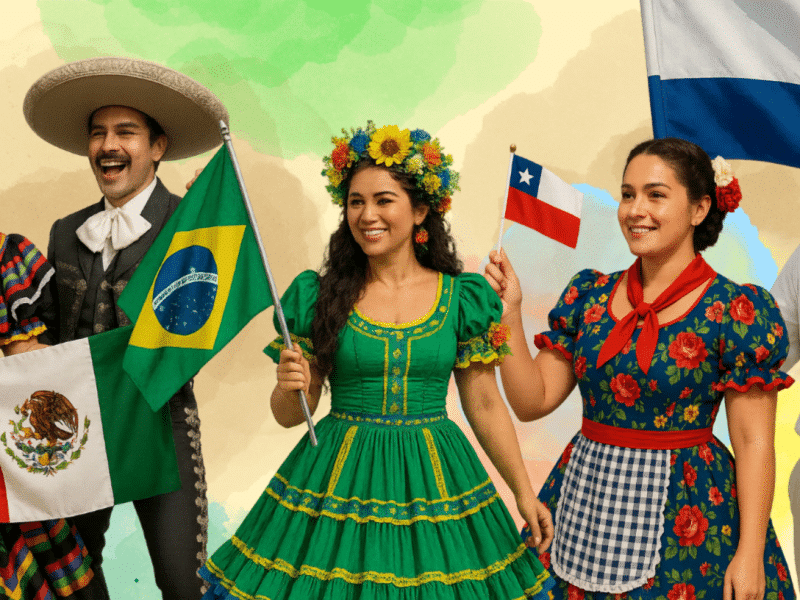Family Matriarchs: The Harmful Behaviors Not Talked About Enough
We dive into the role of the Latina matriarch and the hard truths we need to face to make room for healthier, more honest family dynamics.

If you grew up in a Latino household, chances are you know exactly who runs the show: the matriarch. She might be your abuelita, your mom, your tía, or even your older sister. She’s the one who holds it down, keeps everyone in line, and wields a certain unspoken power that no one dares question. For generations, the Latina matriarch has been the central pillar of the family.
But here’s the thing–while the role of the matriarch has historically meant strength and sacrifice, today’s Latina matriarchs are being called to redefine what that power looks like. Because along with the strength we inherited, many of us also absorbed behaviors rooted in outdated ideas about gender roles, control, and family structure. And those behaviors, as familiar as they are, need to be questioned.
Control Isn’t Love and We Know the Difference

In many Latino families, to love is to control, and it often leads to toxic dynamics. It’s not unusual for matriarchs to micromanage the lives of daughters, nieces, and granddaughters, dictating who they can date, what careers they should choose, and how they should behave. This is marianismo in action: the expectation that women be self-sacrificing, morally superior, and always putting family above all else. But we have to ask: does love empower, or does it stifle? True cariño is about guidance, not domination. More and more Latinas are choosing honest conversations and connection over silent obedience, and that’s what will continue moving the needle.
Let’s Retire Guilt as a Tool

How many times have the words “After everything I’ve done for you…” have been spoken by a family matriarch? The guilt trip is, unfortunately, very prevalent, but it’s not a tradition worth keeping. Emotional manipulation was, perhaps, survival for women with limited agency in past generations. But in this generation, it corrodes trust. We deserve families where love isn’t currency and open dialogue replaces silent suffering.
Perfection is a Heavy Inheritance

We all know the pressure: be the best, the smartest, the most loyal. Our Latina matriarchs wanted better for us than they got, but sometimes perfection became the price of their love. Perfection, though, is a thief of self-worth and joy. Today’s Latina strength isn’t about doing it all without breaking a sweat—it’s about progress, authenticity, and supporting one another when we fall short.
Self-Sacrifice ≠ Self-Love

If there’s one story too many of us have inherited, it’s that of the woman who never rests. She cooks, cleans, works, and cares for everyone but herself. Self-neglect was normalized, even glorified. But we need to be honest: a burnt-out matriarch cannot pour from an empty cup. Loving your family and loving yourself should never be in competition.
Gender Scripts Deserve to be Broken

Why is it that men are given freedom and women are given rules? These double standards—born of both machismo and marianismo—don’t reflect the reality or aspirations of modern Latine families. Our communities are wonderfully diverse—LGBTQ+, nonbinary, feminist—and our family systems must make room for individuality, not just tradition. Our abuelas broke barriers in their own ways; we honor them by breaking a few more, even when it means disagreeing with them or having tough, yet necessary conversations.
Hard Truths Build Stronger Families

“Porque lo digo yo” doesn’t hold up once you’re an adult, and it certainly doesn’t hold up in today’s world, where we know more about healthy family dynamics and are more empowered as Latinas. Avoiding hard conversations creates walls, not intimacy. Matriarchs, like all leaders, must learn to admit when they’re wrong, to apologize, to change. Transparency should be the new tradition, and it’s what makes families resilient.
Boundaries Are a Two-Way Street

We celebrate the warm, open-door nature of Latino homes, but sometimes that means trampling boundaries—showing up unannounced, sharing opinions nobody asked for, or making demands out of love. For true connection, boundaries must be respected on both sides, regardless of age or title. Matriarchs tend to believe that boundaries don’t apply to them because they’re the higher authority, but it’s important to challenge that perception. We’re all individual people, and while matriarchs are part of our lives, they don’t rule them for us.
Change Honors Tradition, It Doesn’t Erase It

Sometimes the women we love most hold tight to old ways, worried that change will dishonor our culture. It could also be that they’re scared to let go of what they know and lose that sense of identity that being the ultimate authority provides. But our community’s real strength has always been its ability to adapt, survive, and thrive. Listening to younger voices, embracing new ideas—these aren’t betrayals. They’re an evolution. We can honor the wisdom of our mothers and abuelas while also writing a new chapter, one that doesn’t uphold harmful beliefs, dynamics, and cycles.
Latina matriarchs are powerful forces and always will be, but true power today looks less like fear and control, and more like vulnerability, humility, and heart. It’s up to us, the younger generation, to carry the best of our traditions forward and leave the rest behind. In doing so, we become not just pillars of our families, but architects of a more just, loving, and liberated future for ourselves—and for every future generation.




